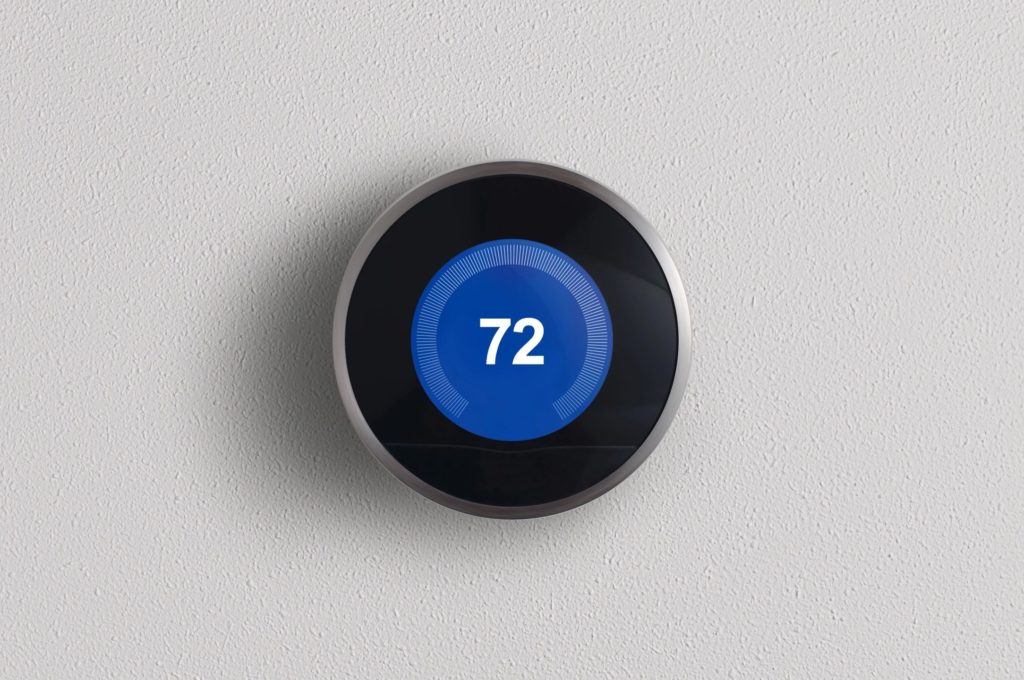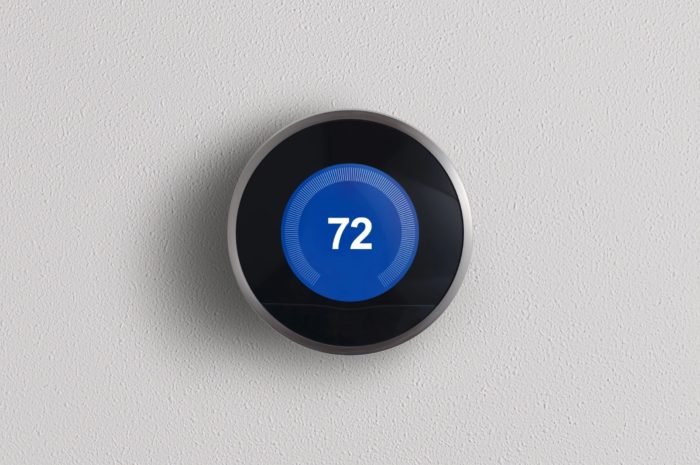
Costs of Different Heating Systems: Gas vs Oil vs Electric
In Britain, heating our living spaces account for two-thirds of the average household’s energy consumption and half of our energy bills. But not all heating systems are created equally and if you’re looking to save money on your domestic energy bills in the longterm, you might want to upgrade. If you receive certain benefits, you might be able to receive financial assistance from your energy supplier to do so, under the Energy Company Obligation (ECO) scheme. 
In general, gas is the cheapest fuel to use for central heating, and fortunately, 85% of us do just that. The average British household using gas for central heating will spend £550 on space heating alone—not counting the use of their gas boilers to heat water for bathing and washing.
However, there are 4 million households in Britain which use fuels other than gas for their heating, and they may be paying dearly for it.
Providing the same amount of heat bought with £550 of gas would cost £700 a year with a oil boiler, while using electric storage heaters, run on an Economy 7 tariff, with cheaper electricity bought at night, would cost £900 per annum.
Ofgem has found that households using non-gas heating systems were more likely than the average to be in fuel poverty (meaning they’re spending more than 10% of their yearly income to keep their homes heated to an adequate standard), both because these systems more likely to be present in the homes of lower-income people and renters in both the social and private sectors and because the systems are more expensive to run.
The difference in running costs is down to the differential cost of fuels and the variant efficiency of the different heating systems. Gas is cheaper than electric: one unit (kilowatt hour) of mains gas costs around 4p, while one unit of electric costs around 15p. Oil costs around 6p/kWh.
Electric heating is more expensive per unit, but it’s more efficient: an electric radiator will turn 1 kWh of electricity into of one unit of heat. In contrast, even the newest, most efficient gas boilers on the market are only 90% efficient.
Electric heating is also primarily used in small spaces, which require less energy to heat to a comfortable temperature: just 4% of houses have electric heating systems, but 25% of flats do. And the majority (77%) of the 2.2 million household in Britain with electric heating systems have storage functionality, allowing consumers to consume cheaper electricity at night, if they have an Economy 7 tariff, saving them money.
Electric heating systems are also cheaper and easier to install than gas systems, which require boilers, which start at around £1,800, minus installation costs by a certified gas engineer, and and a messy and time-consuming tearing into walls for the installation of pipes. They’ll also last longer, as anyone who’s ever been in an old council block with original 70s Dimplex heaters can attest.
Boilers also need to be serviced annually for optimal performance, at the cost of £60 to £100, depending on where you live, and replaced every 10 to 15 years. Boiler cover, which can be purchased through your energy supplier, can compensate you for repair and even replacement costs and possibly even provide for those yearly boiler checkups.
But when it comes to heating your home gas, electric, and oil aren’t the only fuel options. Others are more environmentally friendly, if not cheaper.
Gas, electric, and oil heating systems may be augmented or replaced by biomass stoves, heat pumps, or solar thermal panels, some of which you can receive Renewable Heat Incentive payments for installing and running.
Green energy company OVO produced a chart comparing the efficiency and per unit heating costs of fuels, including less traditional ones like pellets, used in boilers and stoves, and perhaps the most traditional fuel source of all—wood. The data is from March 2015 and fuel costs have changed since then, but it will give you an idea of the costs associated with each type of heating system and fuel:
| Fuel | Efficiency | cost per unit of heat (thermal kWh) |
| Gas | 90% | 4.5p |
| Electric | 100% | 16p |
| Oil | 90% | 5.6p |
| LPG (liquid propane gas)* | 90% | 6.4p |
| Pellets | 90% | 7.1p |
| Wood | 270% | 5.3p |
| Kerosene | 90% | 4.6p |
*used to run gas boilers if you live off the gas grid, as 15% of British households do, mainly in rural and remote areas








